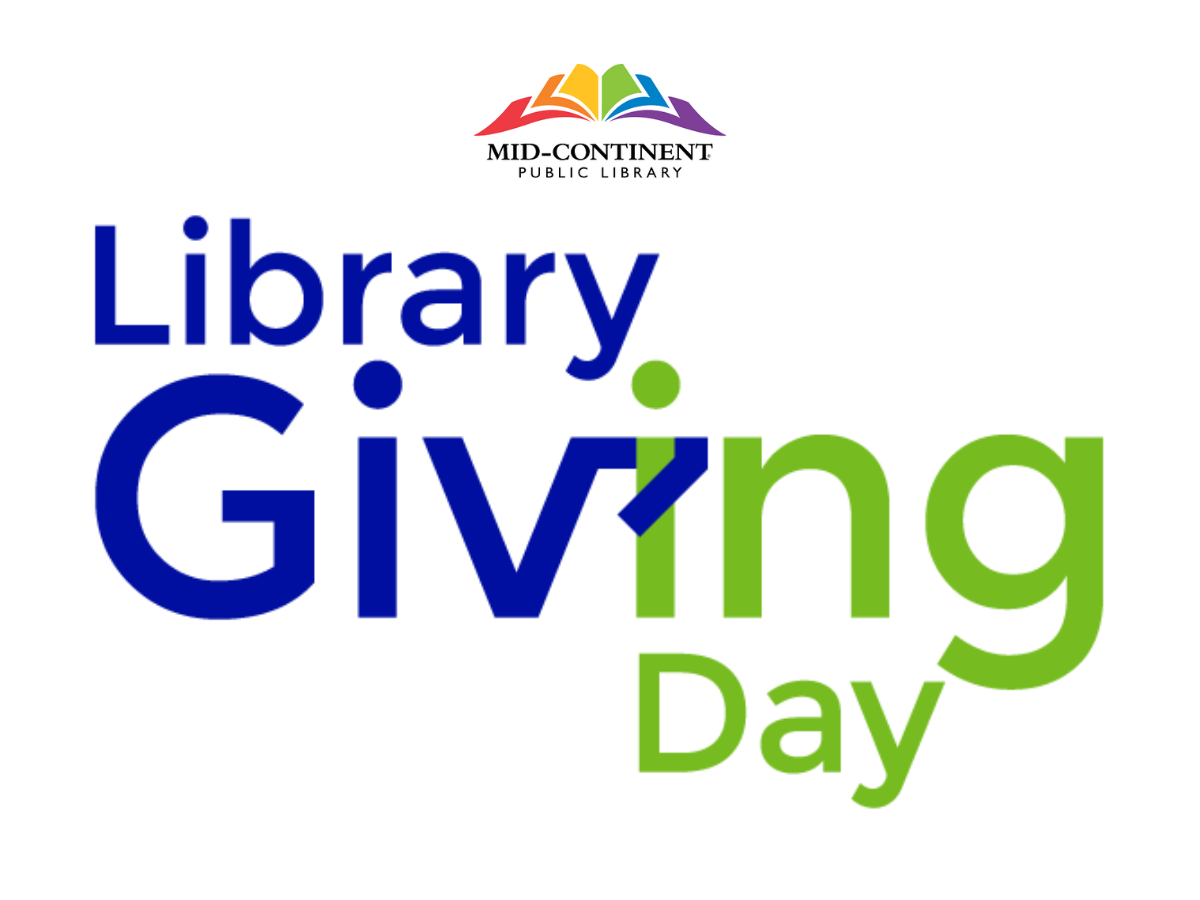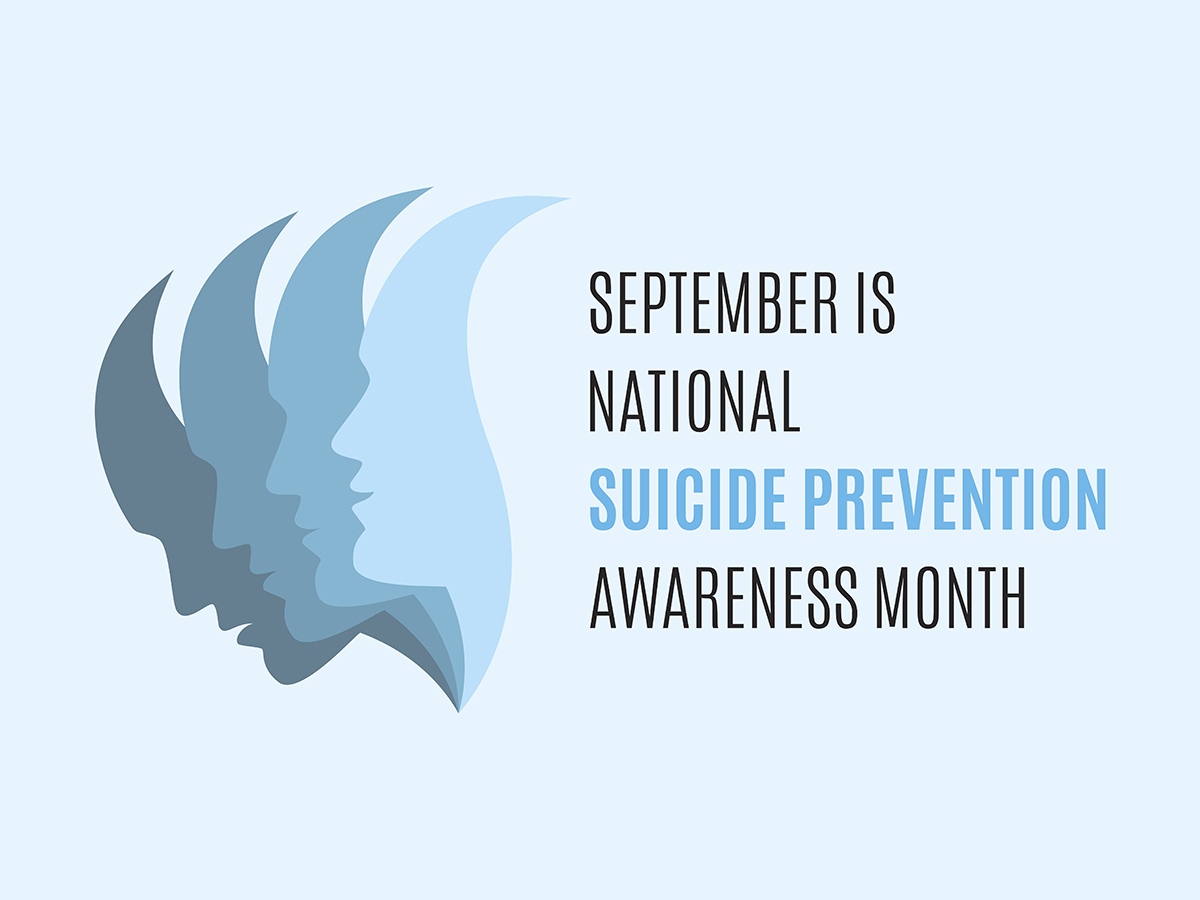
September 23, 2021
September is National Suicide Prevention Awareness Month. We sat down recently with Becky Franklin from Tri-County Mental Health for a Q&A about mental health and mental health resources.
Q: Why should we talk about suicide prevention?
Becky: There is a lot of stigma surrounding mental illness, resulting in isolation and loneliness. All too often, individuals suffer in silence because they buy into the belief that we have to be “strong” by not showing emotion. Mental health treatment is accessible and very successful. When we voice the reality that suicidal thoughts often are part of mental illness, we normalize this experience and reduce shame. This can often help individuals reach out for help because they feel like they are not alone in their experience.
Additionally, suicide remains one of the leading causes of death worldwide. One in 100 deaths is caused by suicide. The rate of suicide is highest in middle-aged white men, but there has also been an overall increase in suicide rates among youths.
Q: What do you want people to understand about suicide?
Becky: If you have experienced—past or present—any type of suicidal thoughts, that does not define you as a person. All too often, these thought patterns create a duplicity or a feeling of a double life. Individuals often experience inner turmoil and keep it hidden, creating an intense amount of shame and pressure. There is power in reaching out to one person for help. Often, telling one trusted person can serve as a catalyst to get connected to help, treatment, and resources.
Q: Are there signs of distress that could help identify those who might be at risk of suicide?
Becky: Talking about feeling worthless, having no purpose or goals, sleeping too much or too little, withdrawing from others, increasing substance use, giving away personal belongings or money, talking about wanting pain to end or finding a way out, talking about being a burden to other people. (more information)
Q: How can the average person help prevent suicides?
Becky: Prevention and early intervention are key, which is why it is important to have a safety plan in place. During times of heightened emotion, it is very challenging to problem-solve or think rationally. Planning ahead decreases the risk of danger. Part of this is reducing access to lethal means if someone in the home is experiencing suicidal thoughts (e.g., keeping firearms or pills and medications stored in a lockbox).
Q: What should someone do if they suspect someone is contemplating suicide?
Becky: There is a myth where individuals believe they should not talk about suicide or it will result in the other person acting on it. This is not true. Talking to a loved one about suicide can accomplish a handful of things:
- Individuals often feel relieved to get it out in the open and not carry those thoughts alone.
- It normalizes suicidal thoughts as part of mental illness.
- It highlights the fact that the individual does not have to seek help alone.
- It offers accountability with following through in seeking help.
- It promotes a sense of value, by stating “you matter to me.”
If you, or someone you know, is in imminent danger due to suicidal thoughts, please call 911 or go to the nearest emergency room. Also, Tri-County Mental Health has a 24/7 crisis hotline available by calling 1.888.279.8188.
Q: What are some ways we can take care of our mental health day to day?
Becky: Being proactive rather than reactive is critical, and health and wellness include both physical and mental self-care strategies. As a therapist, I often urge people to make a list of ways they can take care of themselves as a whole person. Make four subcategories: physical, emotional, social, and spiritual. Then, write down several ideas under each category (go for a walk, aim to be in bed by 10:00 p.m., call a friend when feeling lonely, journal your feelings, or write down your favorite song lyrics or quotes). Then, each day, pick one action step. This helps us to be aware of striving for balance with the various types of self-care as we care for our body, mind, and relationships.
Some other interventions that can prove helpful when combating symptoms of mental illness are gratitude, mindfulness, grounding, and gentle movement. Shifting our perspective can help us to challenge distorted thought patterns. Also, there is a connection between the body and the mind. By practicing stretching or deep breathing, we help our body release pent up tension and stress.
Remember: You matter! Pain often can cloud this belief but having outside reminders is important. We all have strengths and weaknesses, but our uniqueness is one of a kind.
Q: What are some mental health resources in the Kansas City metro that can help?
Becky: There are different levels of mental health care—outpatient treatment (office setting), intensive outpatient programs (usually psychiatric hospital programs), and in-patient hospital programs (usually when safety is a concern). At Tri-County Mental Health, we offer our TAPS program (therapeutic alliance program), which is group therapy led by a mental health professional. This form of support often supplements outpatient individual therapy as an added layer of mental health treatment. Several other mental health agencies in the area include Comprehensive Mental Health, Truman Medical Center Behavioral Health, and ReDiscover.
If you or someone you know are struggling with your mental health, find more resources that can help in this MCPL Community Mental Health Resources Directory.
And remember—you matter!
-MCPL Marketing & Communications
Read Similar Blogs:
My Community







